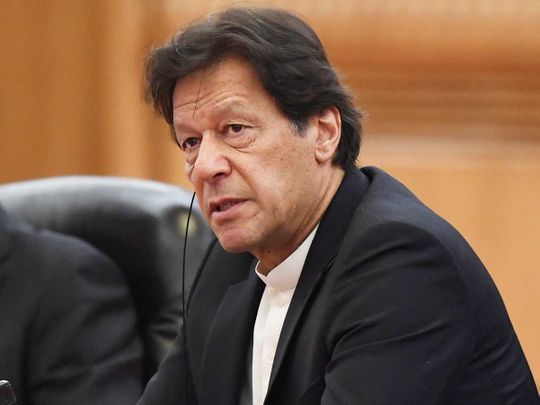
In a landmark move last week, a joint session of Pakistan’s parliament passed the Elections (Amendment) Bill. The biggest takeaway from the new law is that overseas Pakistanis now have the right to vote. The move is being seen as a major victory for the ruling Pakistan Tehreek-e-Insaf of Prime Minister Imran Khan, who had long made this an election promise.
Like other South Asian nations, Pakistan has a big diaspora. It is, in fact, one of the largest in the world. Overseas Pakistanis often retain close links to the homeland. Statistics show there are over 9 million Pakistanis residing in more than 120 countries — that is about 4 per cent of Pakistan’s population.
Most of these people hold the National Identity Card for Overseas Pakistanis. Eighty per cent of them live in six countries: Saudi Arabia, UAE, Britain, Oman, Canada and America. It was a travesty to have denied these people the right to vote all these years. The move by Pakistan’s parliament is to be welcomed.
The contribution made by overseas Pakistanis to the homeland cannot be overstated. Their remittances in the year 2020-21 were $29.4 billion — a stupendous amount for the developing nation. Saudi Arabia accounted for $7.7 billion of this amount, the UAE $6.1 billion, UK $4.1 billion and the US $2.7 billion. These remittances play a huge role in Pakistan’s economy, helping it boost vital foreign currency reserves.
There has been alarm in some political quarters in Pakistan about the move to grant voting rights to overseas Pakistanis. This is because of the fact that most of the diaspora tends to come from a limited set of districts in the country, and their vote could act tilt the scales in close electoral contests there.
There have also been unsubstantiated allegations that some political parties stand to gain the most as a result of the new law, based on the assumption that many overseas Pakistanis hold a favourable opinion of those parties.
This may or may not be the case. However, it cannot be used as the justification to deny rights to citizens to vote. Overseas Pakistanis have made tremendous contributions to Pakistan, and are generally very good ambassadors for their ancient, culturally rich land. Granting them the right to vote is a long-overdue step that acknowledges their efforts.







